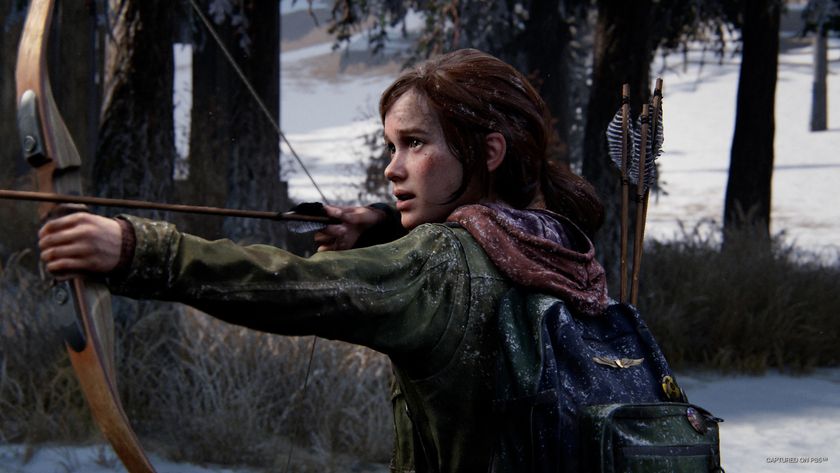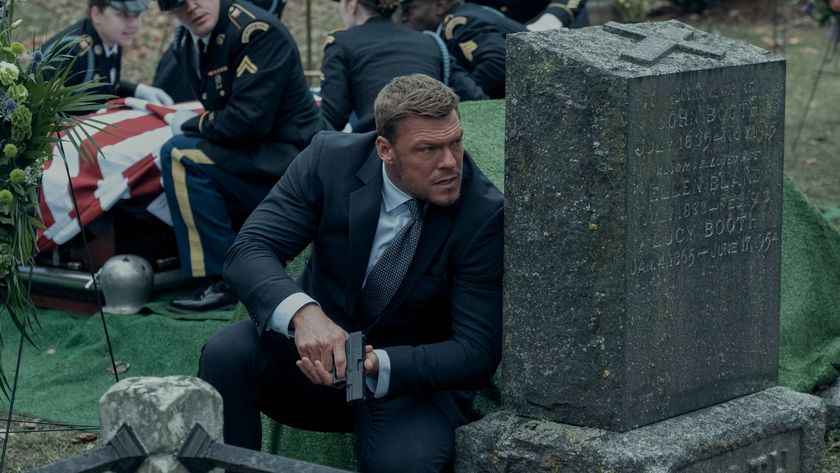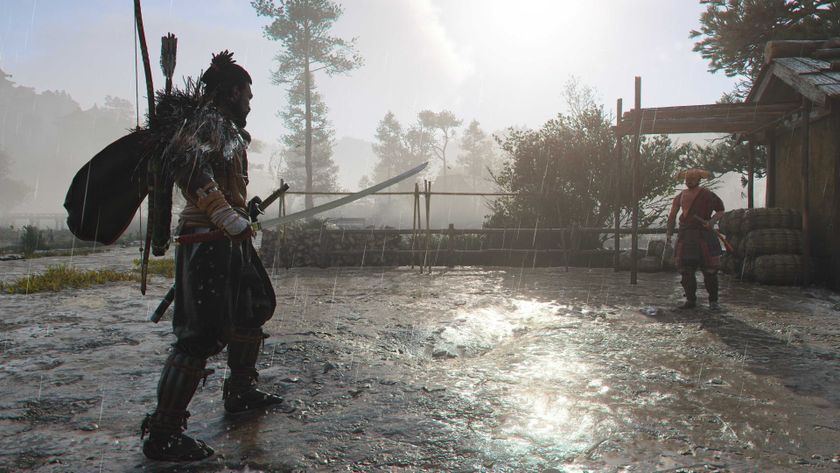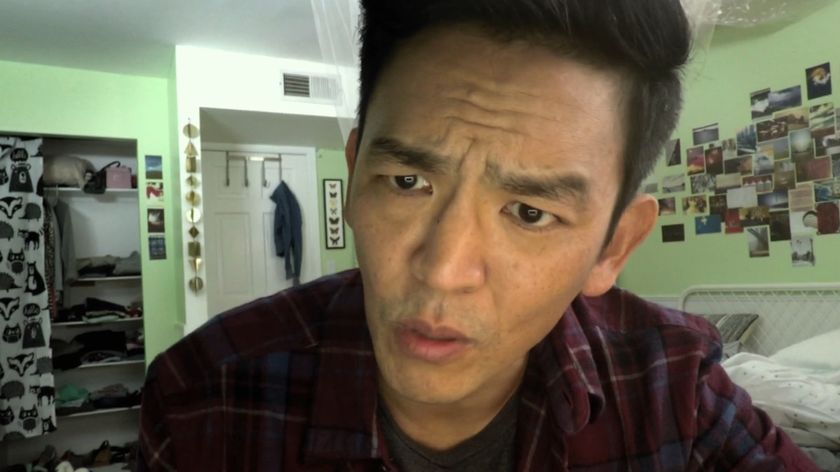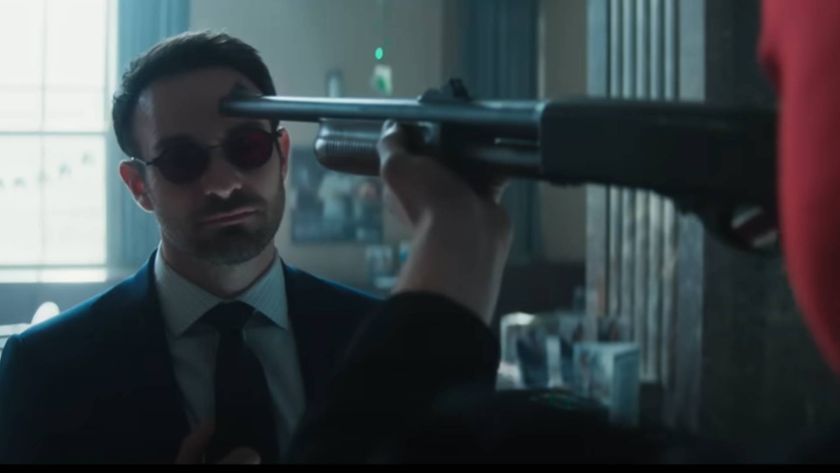What I learned about Call of Duty by replaying all of the campaigns
The venerable shooter's single-player stories are, fundamentally, lessons in letting go
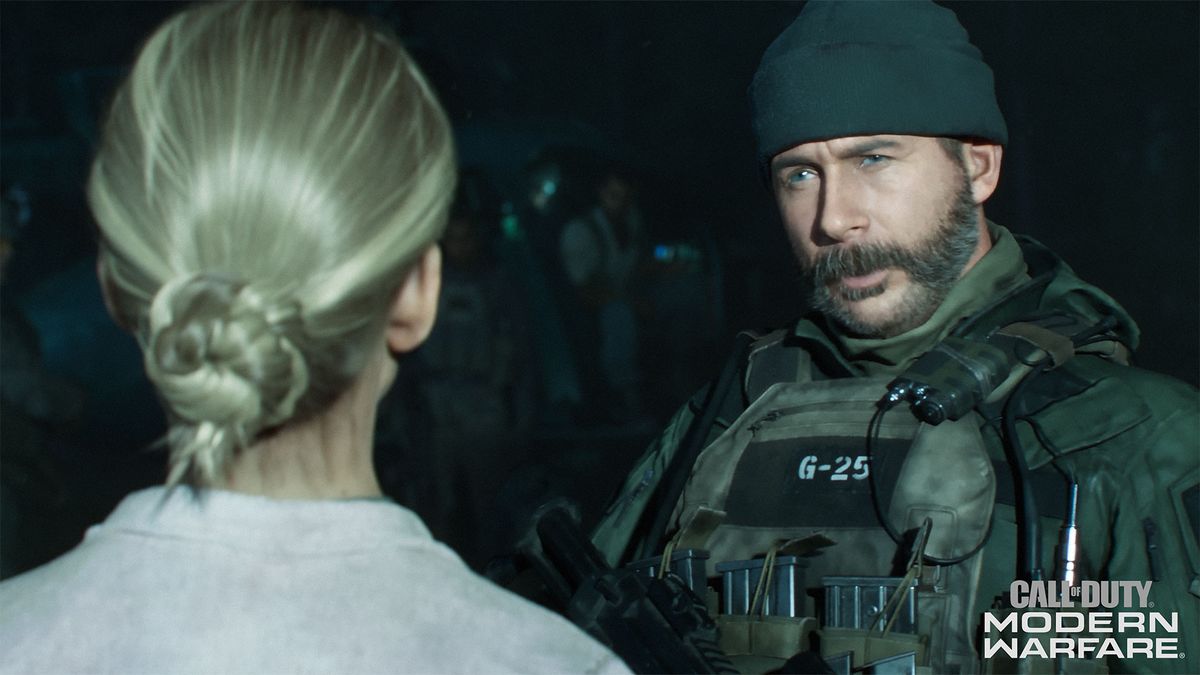
What can I tell you about my experience playing every single Call of Duty campaign? Firstly, that it wasn't a cry for help. This was not a masochistic act. I enjoyed myself much of the time, and don't regret any of it. Except for Black Ops 3. That one's the definition of a deniable mission, in that nobody wants to remember it.
I can tell you that, after four or five Call of Duty campaigns, you start to see past the gleam of the flashlights, and the sheen of the diving suits. You begin to recognise the familiar tropes that became crutches for the series: the slo-mo breach and clear; the invasion of America; the gulag breakouts, and the player character who gets killed in first-person by the baddy.
After nine or ten, you start to spot the seams, and to pick at them – to vent your frustrations about Call of Duty's limitations by bumping against its barriers and shaking the bars of your cage. It's only once you hit the teens – and this might be a form of Stockholm Syndrome – that you reach a plateau of acceptance. The truth is that a Call of Duty campaign is at its best when you choose to work with it.
Terrible curse

The game that demonstrates the point best isn't a Call of Duty at all, but a 15-minute free Steam release named Dr. Langeskov, The Tiger, and The Terribly Cursed Emerald. Released half a decade ago by the developer of the upcoming The Stanley Parable: Ultra Deluxe, it's a playable comedy sketch – spoofing the flimsy choreography of scripted action games, and the ability of the player to swiftly send it all crashing down.
Stuck backstage in a heist level that somebody else is playing, it's your job to hit the switches and fling the levers that keep the show moving – triggering the animal encounters and skybox sunsets. You take direction from an increasingly flustered stage manager, played by the comedian Simon Amstell, and fill in for a production staff that appears to have striked en-masse after an accident on set. It's clear the development team is just barely maintaining the intricate illusion expected from a thrilling action adventure.
"The player has apparently entered the mansion through the Orangery," Amstell panics. "They're going to use the lift. OK, that's OK, we can do this." Seconds later, you're standing as quietly as possible behind a "phenomenally cheap" wall, waiting for the player on the other side to press the 'down' button – so that you can pull the corresponding lever to make the machinery move. It's a brilliantly funny metaphor for the struggle to suspend disbelief and produce spectacle in the face of player agency. "How," Amstell asks, "is this not making you incredibly anxious?"
Action stations

Call of Duty's stage manager isn't so much anxious as tetchy – liable to kill you instantly if you stray from the designated path or muck up their timing. If a Modern Warfare campaign is a theater production, then you are an actor, and not an especially well-prepped one. If anything, you're an understudy – asked to step up and play a lead role at the last minute.
Sign up to the 12DOVE Newsletter
Weekly digests, tales from the communities you love, and more
Given that circumstance, the best thing to do is listen for your cues and follow them down to the last word. Otherwise, the show soon starts to fall apart. Direction is usually provided by a squad leader, who will tell you precisely where you need to be at all times. Take up the correct position, and you're rewarded with an exquisitely lit explosion – or a bespoke, performance-captured animation of a teammate taking down a guard with their bare hands.
Cooperating to this degree is anathema to some players – particularly those on PC. It's they who have been trained by Deus Ex to zig when a game says zag, disobeying their orders or taking a circuitous route just to see how the developer responds. In Call of Duty's case, the best they'll get is a black screen and a written warning.

"By resisting Call of Duty's instinct for control, you're only hurting yourself"
Take it from this Dishonored fan: save it for the immersive sims. By resisting Call of Duty's instinct for control, you're only hurting yourself. The irony is that, despite the various freedoms Captain Price and friends purport to uphold, Call of Duty campaigns are best appreciated by leaving your own freedom at the door. And there's a further irony – that actually, giving up your agency to a higher power is in itself freeing, if only for five or six hours. Why not let a designer dictate your approach to an ambush, for once, rather than come up with a clever angle yourself? Why not allow them to frame every scene for the best screenshots, and set the tempo for a series of perfectly-paced firefights? It's 9pm on a Thursday; you already worked all day.
There are other things I've learned from the Call of Duty campaigns, of course. That America is still happy to demonize certain foreign states, treating them as guilt-free targets. That America is deeply distrustful of the CIA and off-the-books operatives, but believes it needs them. That the games are often most exciting when they jump between many perspectives, but tell better stories when they stick to just one protagonist. That a mustache can easily stand in for a personality. That the M1 Garand makes the most satisfying 'ping' in the world when an empty clip is ejected. That a phenomenon like Modern Warfare can become an albatross that weighs down developers for decades. That although the series has always gripped the player tightly, it was once a little looser – allowing room for backtracking to find ammo and health kits. I liked that about it.
But the biggest lesson I've learned playing Call of Duty campaigns is how to play them. Resistance isn't just futile, but antithetical to joy when you're running through, essentially, an expensive summer blockbuster. Don't be the guy who steers the camera the wrong way when Chris Nolan somersaults an 18-wheeler. Or when Makarov sets off the nuke in Modern Warfare. There are some things you don't want to miss.
With Microsoft working to acquire Activision for $68.7 billion, it's likely that the Call of Duty series will come to Xbox Game Pass. If they do, you'll want to prioritise the best Call of Duty games.
Jeremy is a freelance editor and writer with a decade’s experience across publications like GamesRadar, Rock Paper Shotgun, PC Gamer and Edge. He specialises in features and interviews, and gets a special kick out of meeting the word count exactly. He missed the golden age of magazines, so is making up for lost time while maintaining a healthy modern guilt over the paper waste. Jeremy was once told off by the director of Dishonored 2 for not having played Dishonored 2, an error he has since corrected.
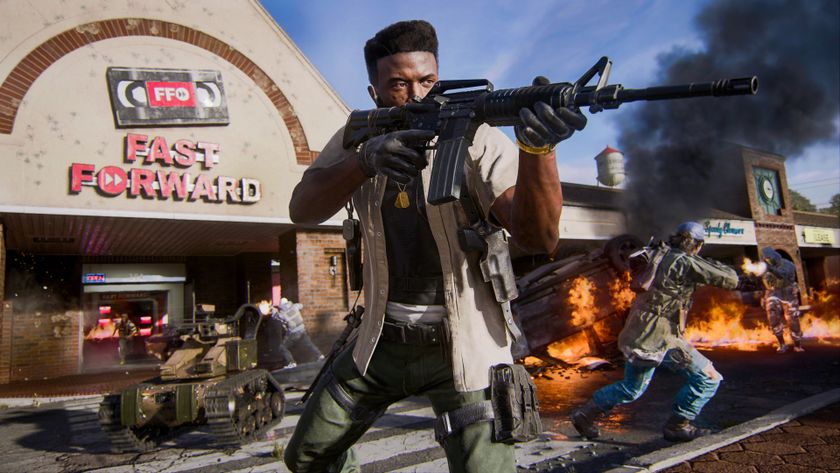
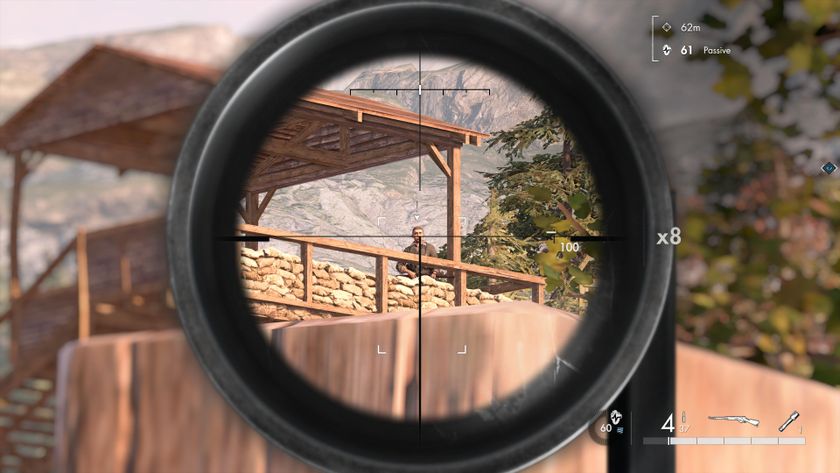
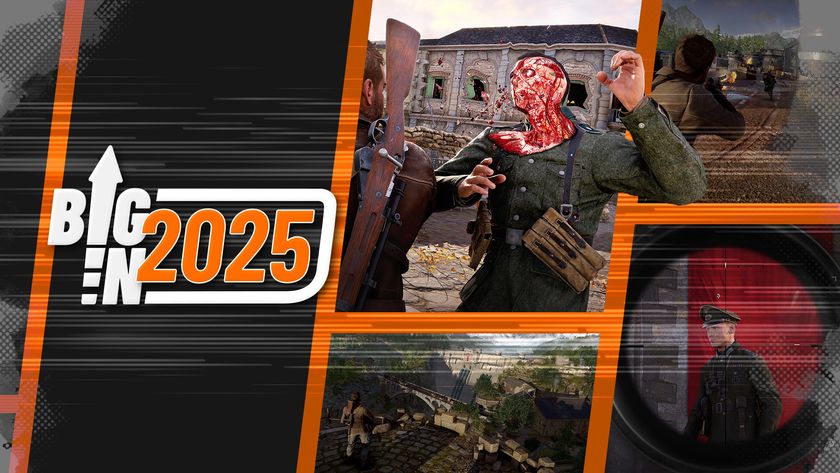
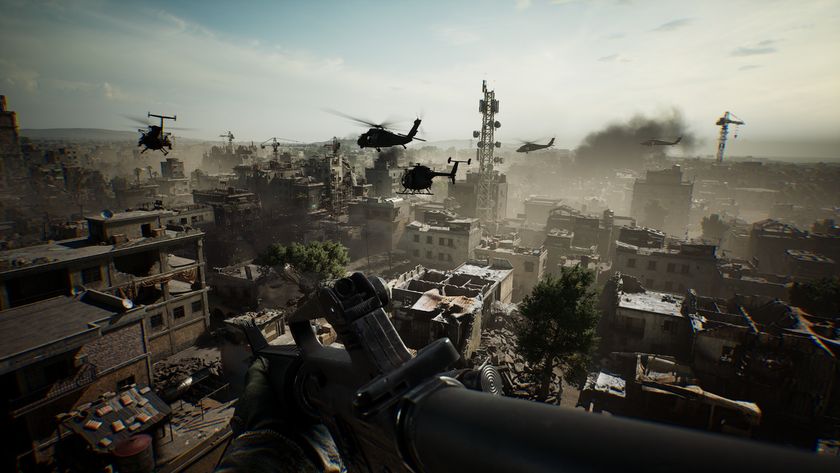
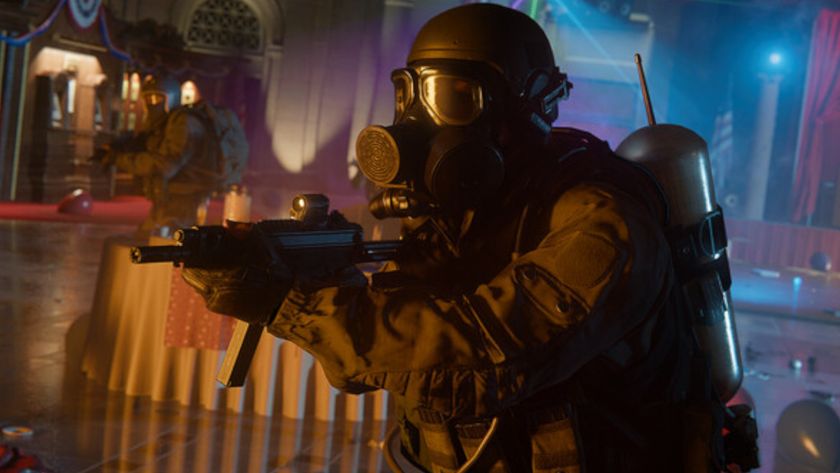
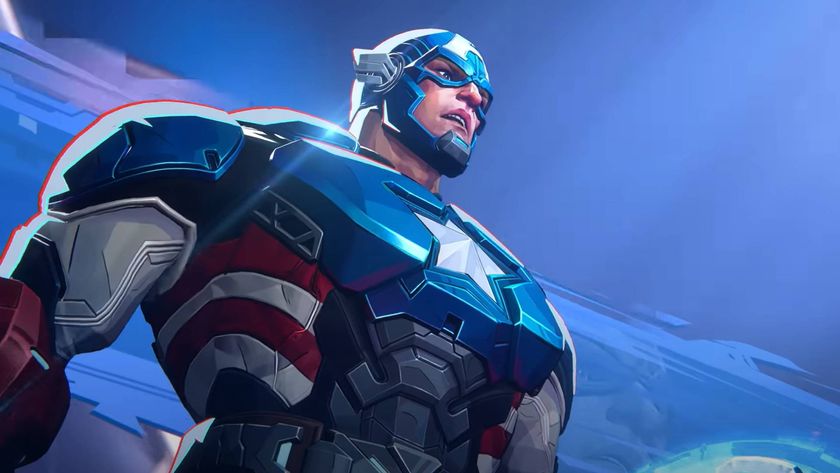

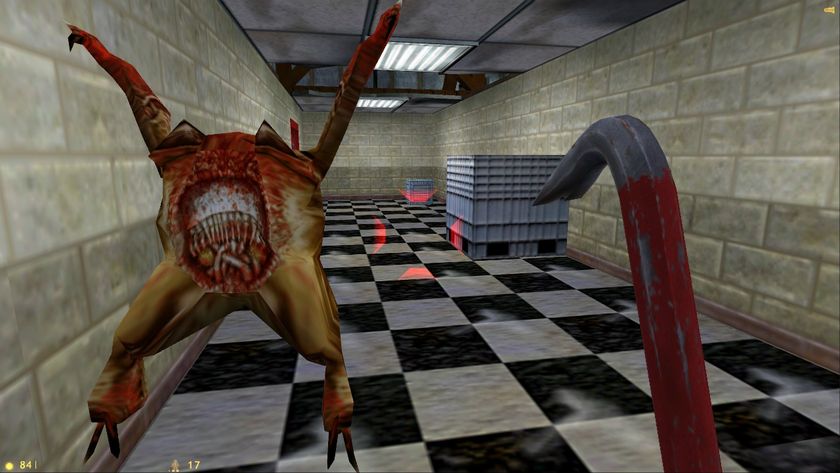
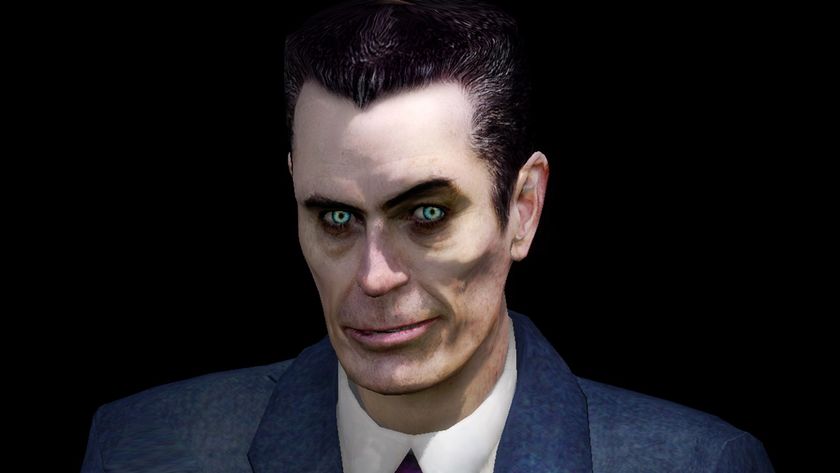
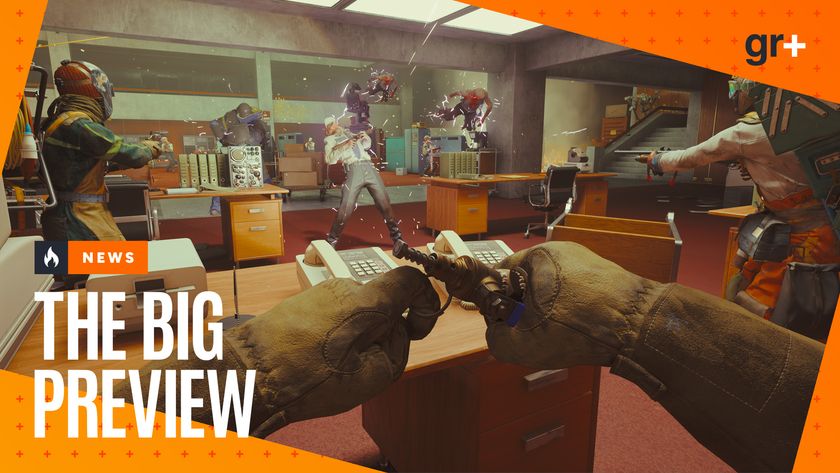

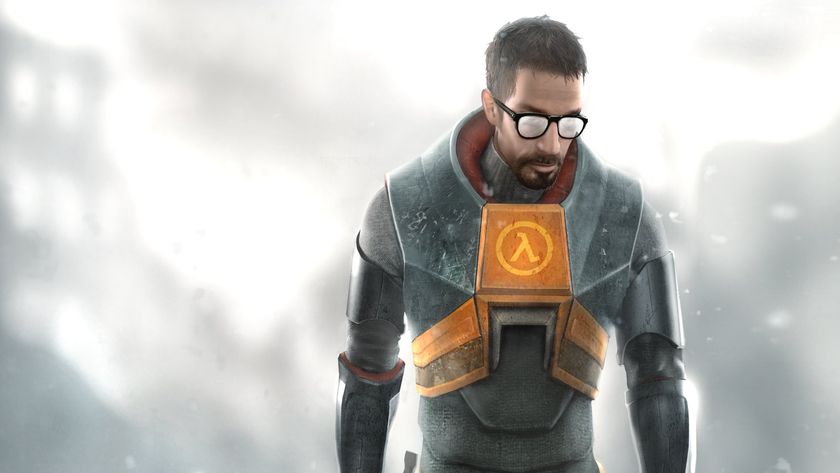
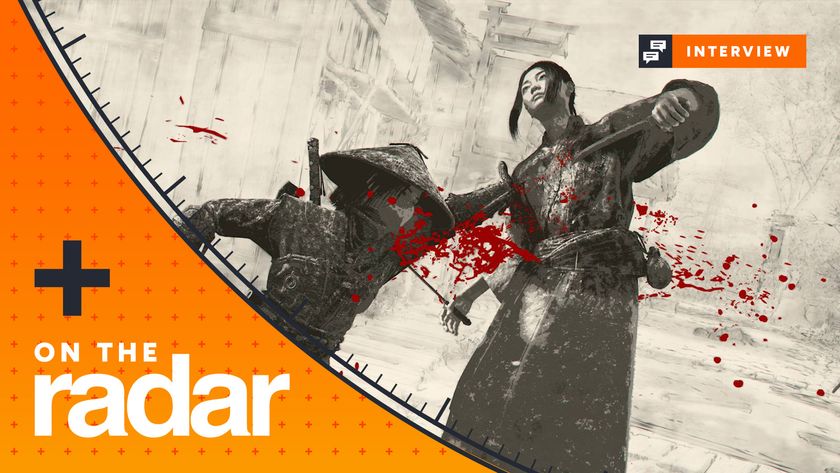

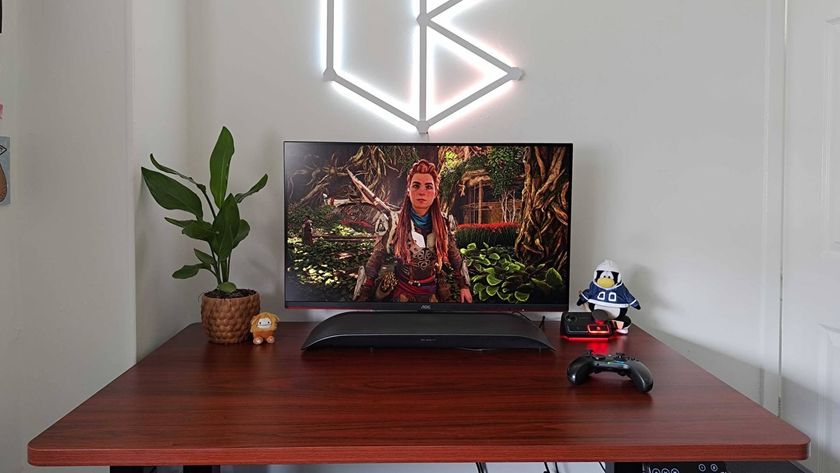


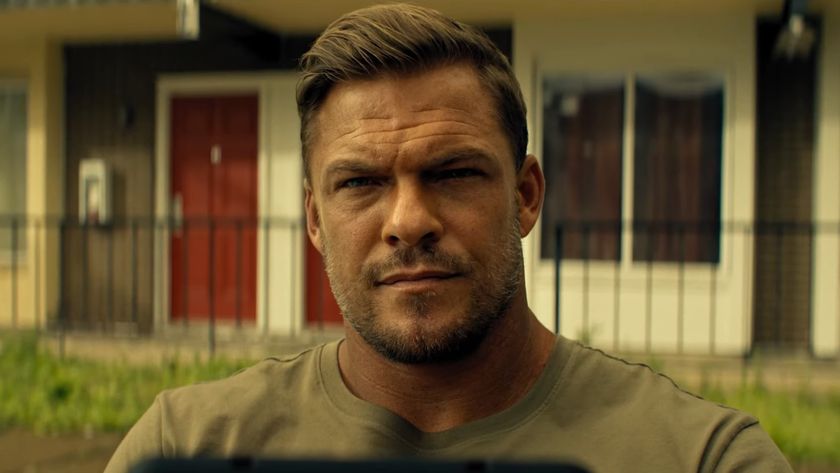

When Destiny 2 "weekly active users dropped lower and faster than we'd seen since 2018," Bungie assembled an A-Team to put out some fires: "We needed to do something"

Half-Life devs worried Gabe Newell "promised things that they couldn't possibly deliver" for the iconic FPS, but "they just didn't know" that they'd be able to do it yet

